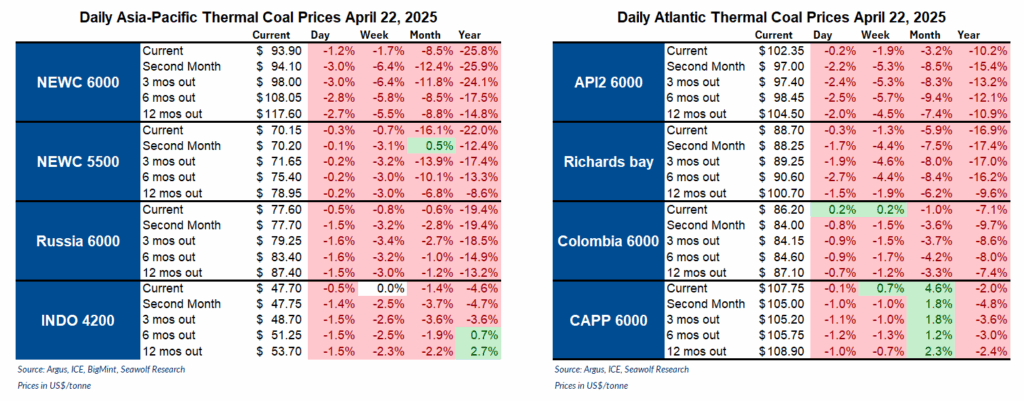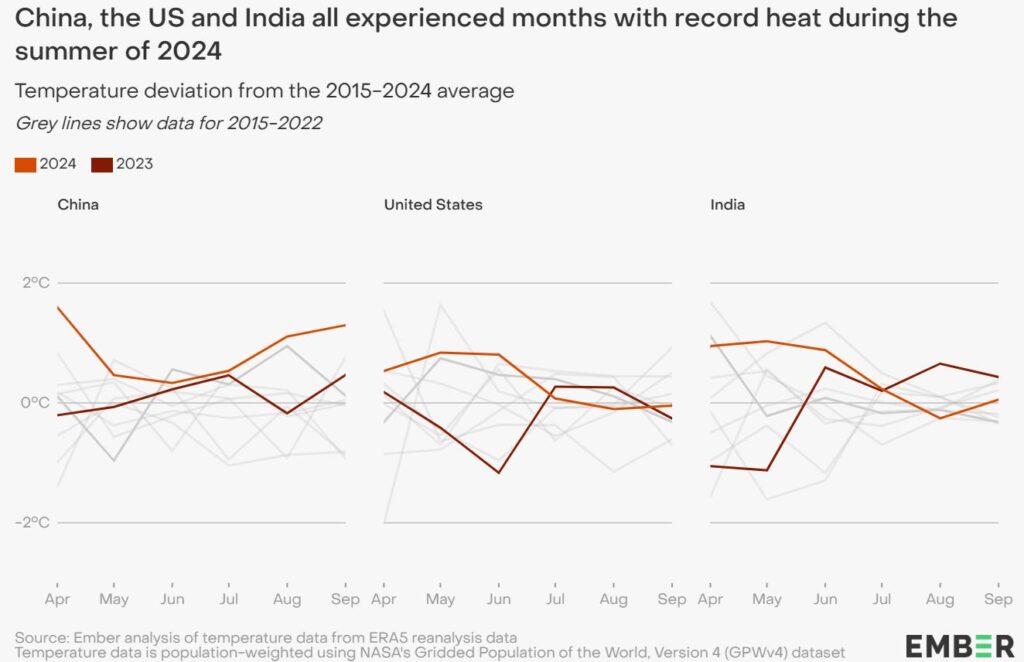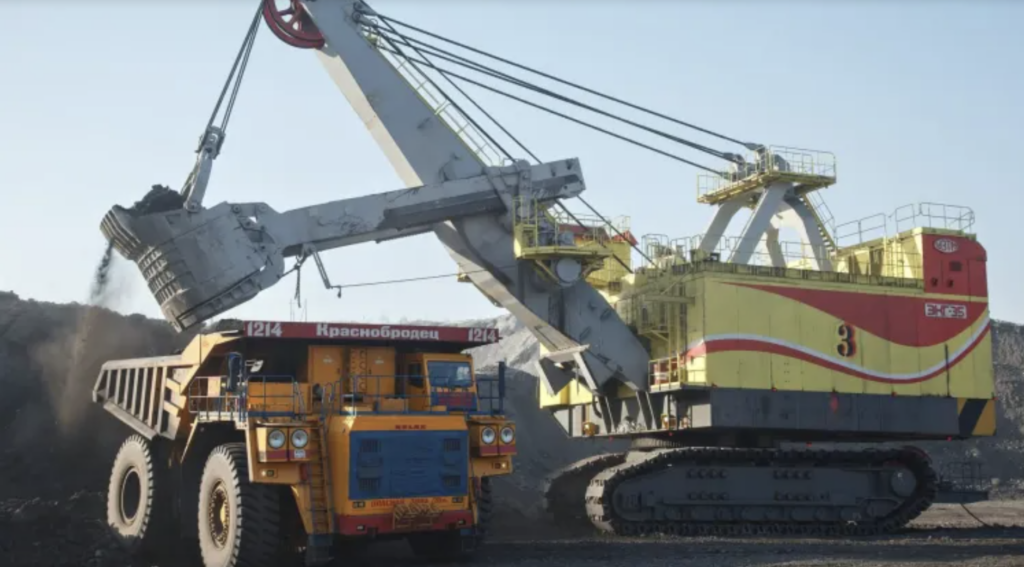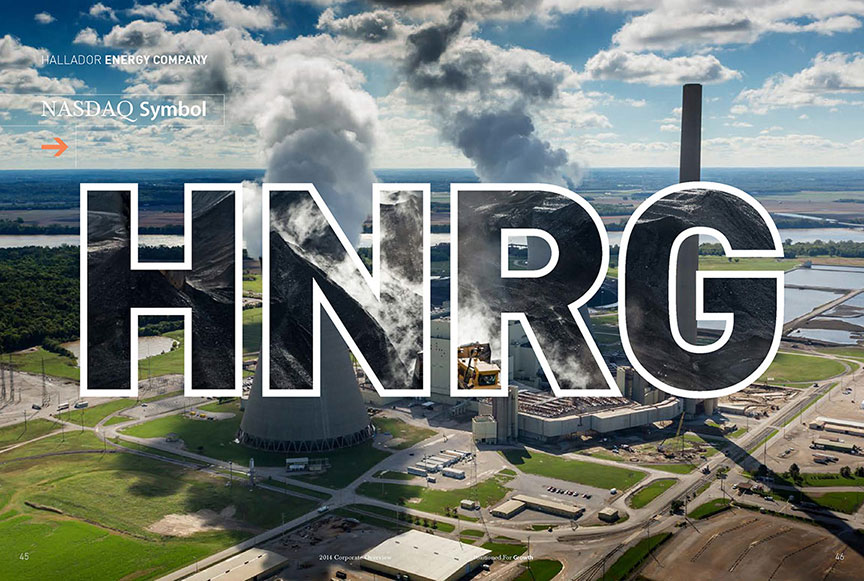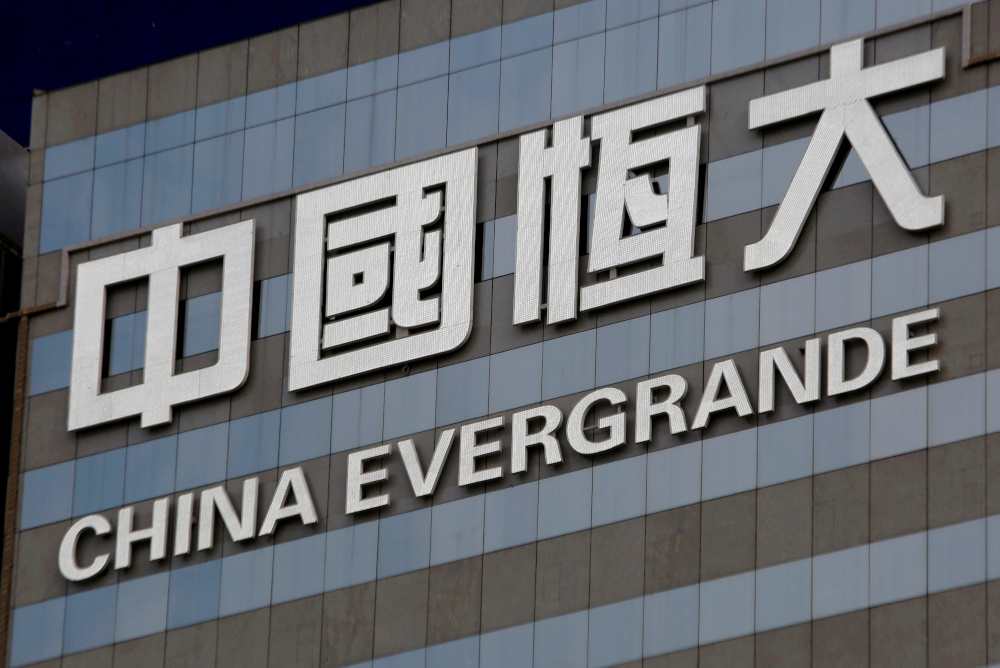China will establish a back-up coal production system by 2027 to stabilise prices and secure coal supply, the state planner said on Wednesday, even as it aims to start phasing down coal use in the second half of this decade.
Draft rules for the new system did not give details on exactly how the reserve would work, but said the aim was to have 300 million metric tons of “dispatchable” annual coal production by 2030, equivalent to 7% of its 2022 production.
China is the world’s top coal consumer and producer. Last year it produced a record 4.5 billion metric tons.
Beijing set a goal in 2021 to have coal reserves equivalent to 15% of its annual consumption stocked at mines, ports, power plants and some designated storage areas.
The new system will build on these stockpiles by ensuring that a certain amount of production capacity is ready to be mined when needed.
Mines with at least 3 million tons of production capacity a year can apply to be included, said the National Development and Reform Commssion (NDRC). They must be able to dispatch output when the government deems spot prices to have exceeded a “reasonable” range or when supplies are tight.
The move comes as China continues to worry about energy security after a crippling domestic coal and power shortage in 2021 and a European energy crisis last year stoked by Russia’s war on Ukraine, which sent prices of natural gas soaring.
That has prompted Beijing to boost mining of coal and accelerate approvals for new coal power plants, even though it has previously pledged to reduce coal use in the five-year plan beginning in 2026.
The new production reserve is designed to “reduce volatility in short term markets, and also provide a lever to punish speculators or price manipulators”, said David Fishman of Shanghai-based energy consultancy the Lantau Group.
China launched probes into soaring coal prices during the 2021 power shortage.
Prices on NDRC’s Bohai Rim Thermal Coal Price Index jumped from 526 yuan per ton in May 2020 to a peak of 848 yuan per ton in October 2021. However, prices have been relatively steady this year, hovering between 715 yuan and 734 yuan per ton.
The draft rules are open for public comment until Jan. 6, 2024.

